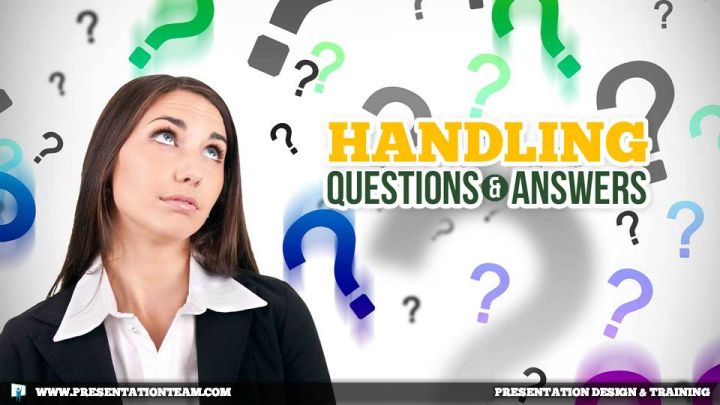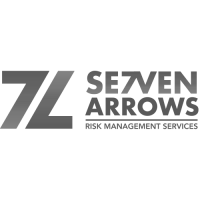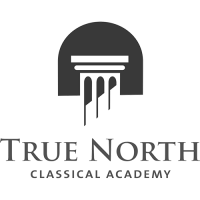Handling Questions and Answers in Presentations.

Tips for dealing with Question and Answer Sessions in presentations and speeches.
So you’ve made it through your presentation, and now it’s time to open up the discussion to your audience.
Feeling a little intimidated? Stop shaking in your boots about Q&A after you speak. All you have to do is look
- If you have negotiated a toy out of the hands of two screaming kids, you can negotiate an end to a long winded question.
- If you have had to handle big or even small business deals with complications, you can get out of any complicated question.
- If you have had to speak spontaneously anywhere and had a great feeling after it, you can trust yourself to do it again and again when you answer questions.
- If your hubby or your wife happened to be rude to you and you deflected the tension, you can use that same skill and trust it with a rude questioner.
- If you watch TV or listen to radio talk shows, the best answers are the 15 second sound bites, not the run-ons. Keep your answers short and move your eyes to the next hand or to another part of the room as you finish your answer. This signifies to the questioner that his time is up and that you aren’t interested in a follow up. If he/she insists, it’s pretty easy to say, “Let’s take some others and you and I can chat at the end.”
- Up close and personal contact with the questioner lets the rest of the participants listen in. They feel they’ve had an intimate moment with you, too. That’s a priceless connection for referrals and future work.

Finally, Q&A shows your audience you are a master of fast thinking. You can also use your answers for humor opps. The laughter resides in your interchanges with the participants. That laughter is their personal memory stick. You just built in RETAINability and the possibility that the group will ask for you again.
I think the benefits of Q&A outweigh all the risks. You WILL get through a tough spot. Look how many you’ve wiggled out of in your lifetime already!!!
Of course, this is all dependent on your knowing your material cold and being able to say “I’ll look into that for you” when you don’t know an answer. Go for it!
BTW, I was a street reporter on TV and an anchor for almost 30 years, so I confess I have had lots of time to practice getting comfortable with the unexpected!



























